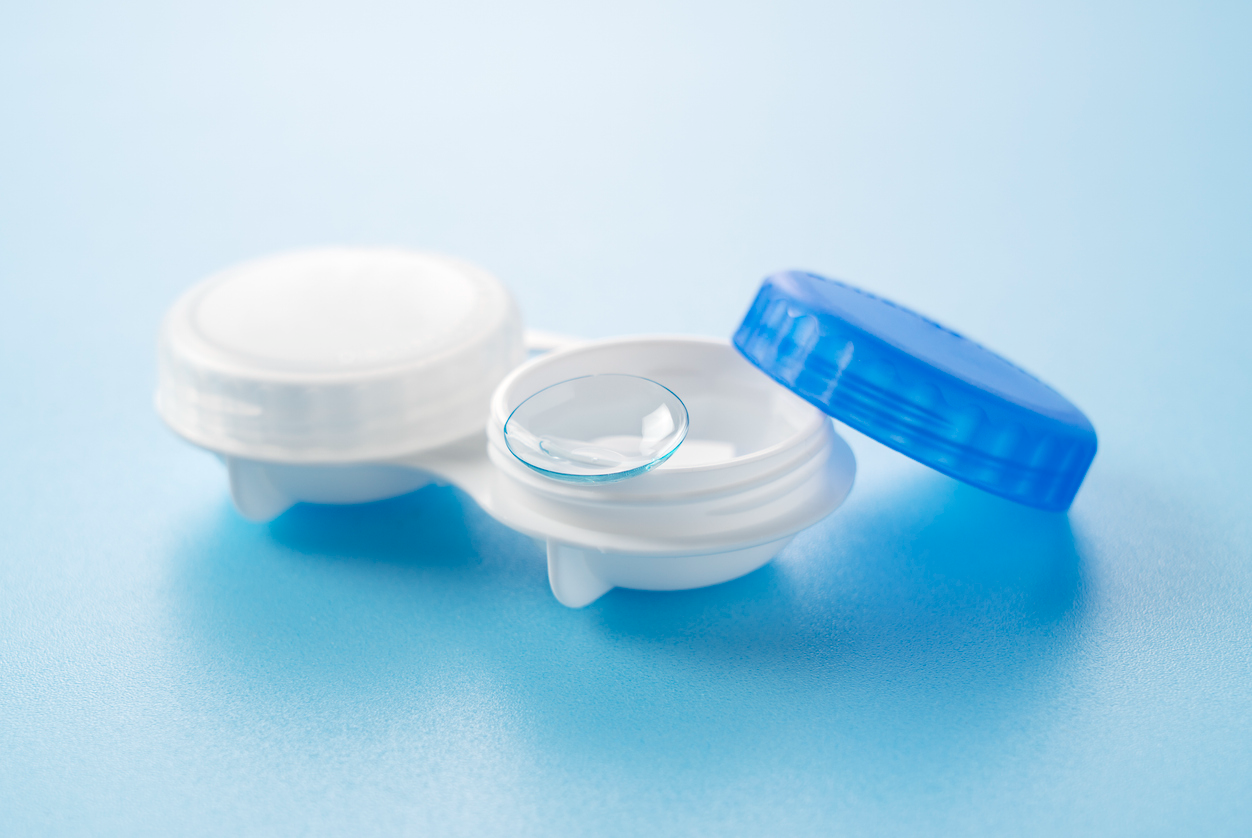Contact lenses are a modern marvel within the optometry industry, providing an alternative to glasses for millions seeking clearer vision without the encumbrance of frames. The process of making these intricate devices is as fascinating as the lenses are beneficial. For residents of Eldersburg, MD, and surrounding areas, understanding how their contact lenses are made can enhance appreciation for this technology, especially when seeking personalized eye care solutions like those offered at Opti-Care.

The Materials and Types
Contact lenses are broadly classified based on their material into soft lenses, rigid gas permeable (GP) lenses, and hybrid lenses. Each type serves different vision correction needs and comfort preferences. Soft lenses, the most common type, are made from hydrophilic plastic polymers, allowing them to absorb water and remain comfortable against the eye. GP lenses, on the other hand, are made from oxygen-permeable polymers, providing a durable and clear vision solution for more complex prescriptions. Hybrid lenses combine the best of both, with a rigid center for clarity and a soft periphery for comfort.
The Manufacturing Process
Lathe Cutting and Injection Molding
The journey of a contact lens from concept to completion involves sophisticated manufacturing processes. For soft lenses, two primary methods are employed: lathe cutting and injection molding. In lathe cutting, non-hydrated polymer “buttons” are precisely shaped into lenses using computer-controlled tools, then hydrated to achieve the desired softness and size. Despite being more time-consuming, advancements in automation have streamlined this process significantly. Injection molding, preferred for its efficiency and cost-effectiveness, involves melting the lens material and injecting it into molds. This method is particularly popular for producing disposable soft lenses, which are abundantly used by residents in Eldersburg for their convenience and hygiene benefits.
Customization for Gas Permeable Lenses
GP lenses necessitate a higher degree of customization due to their rigid structure and the critical role of precise fit in their effectiveness. These lenses are also crafted using a precision lathe cutting process, tailored exactly to the specifications provided by optometrists at clinics.
The Final Touches
After shaping, lenses undergo finishing processes like polishing and hydration, crucial for comfort and visual clarity. Quality assurance testing is paramount, as each lens must meet stringent standards before reaching patients.
Opti-Care: Your Source for Expert Contact Lens Care
At Opti-Care, we pride ourselves on providing not just superior eye care but also educating our patients on the marvels of optometric solutions like contact lenses. Our highly skilled team is dedicated to ensuring you have access to the latest in lens technology and care, customized to fit your lifestyle and vision needs.
If you’re exploring the idea of contact lenses or simply wish to know more about your current lenses, we invite you to schedule an appointment with us. Whether you’re an athlete, active individual, or someone seeking the convenience and aesthetic freedom lenses offer, Opti-Care is here to facilitate your journey to clearer vision. Call us today at (703) 682-5922 or fill out our online form to get in touch with us.